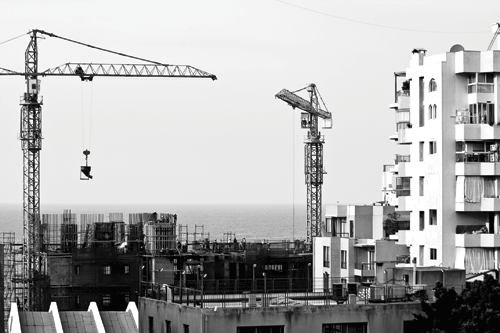Rayya Salem
Rayya grew up in Houston, spent her 20s in Dubai and London, and now proudly calls Texas home, residing in Creekside, The Woodlands. An experienced Realtor, she successfully navigated the challenging 2020-2022 Houston Real Estate market, forming lasting connections with industry professionals. Rayya specializes in home inspections, negotiations, and detailed assessments of properties beyond aesthetics, focusing on factors like drainage, construction quality, and neighborhood logistics. A Rice University graduate, she continues her education in real estate and counseling, and is actively involved with First Presbyterian Church in Houston.

